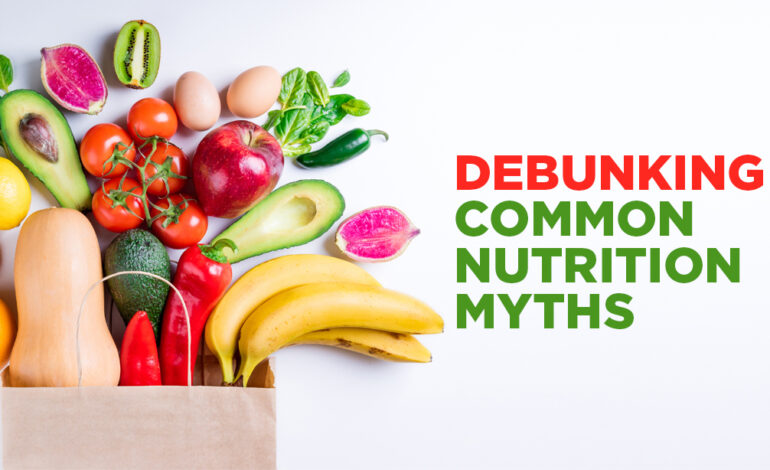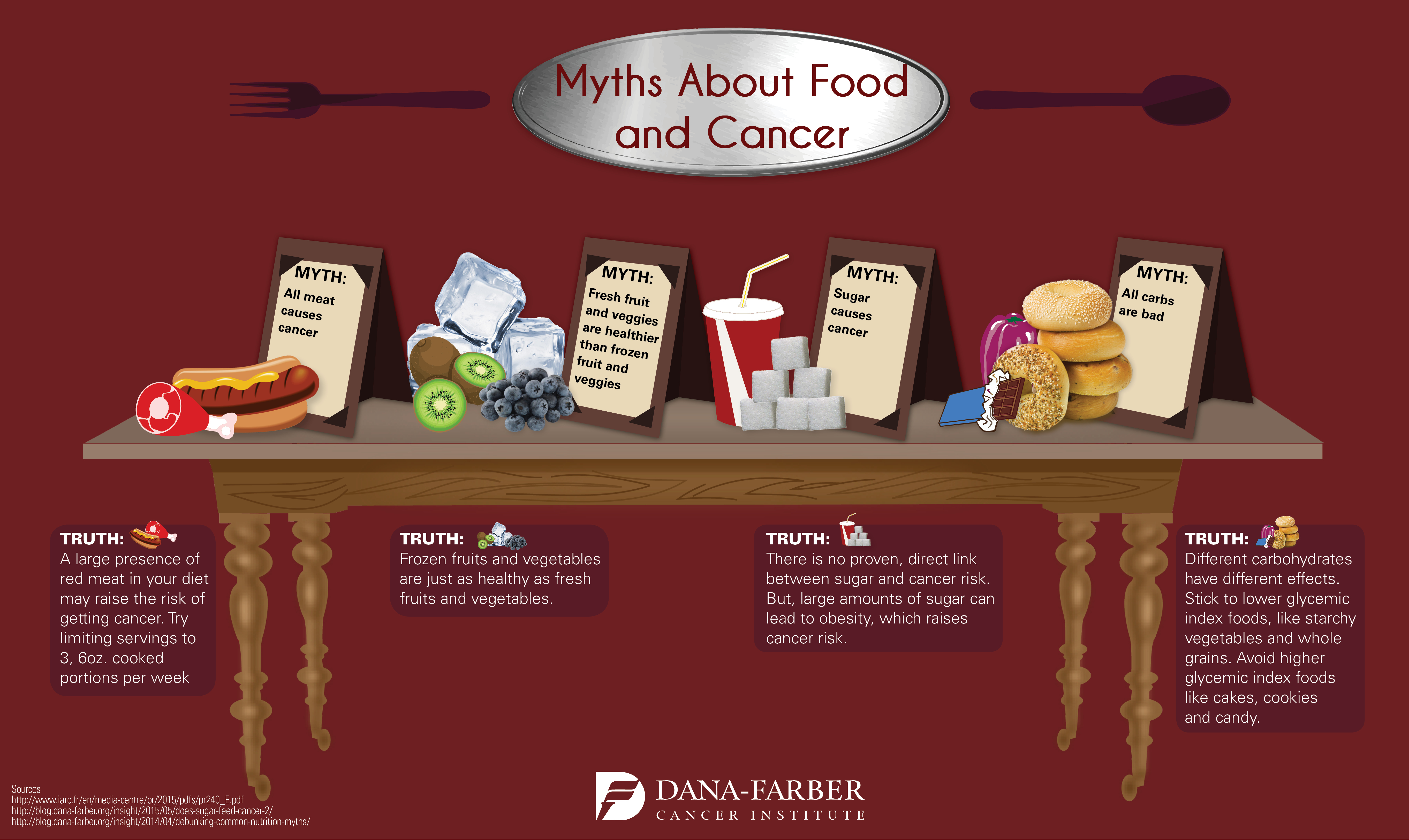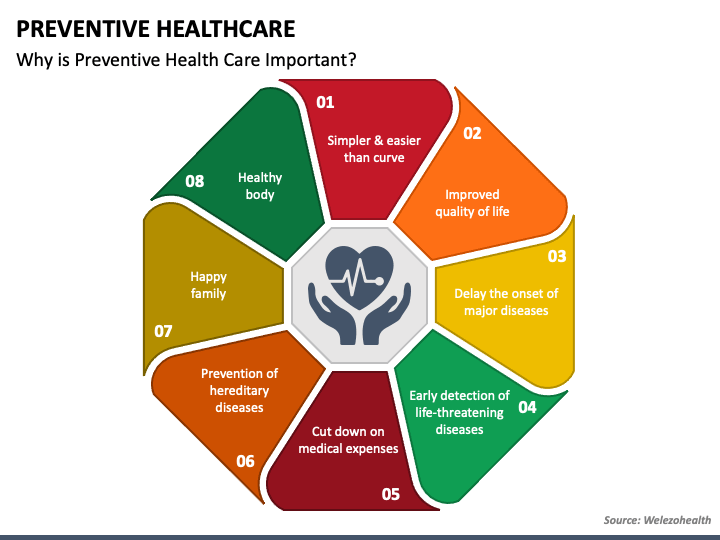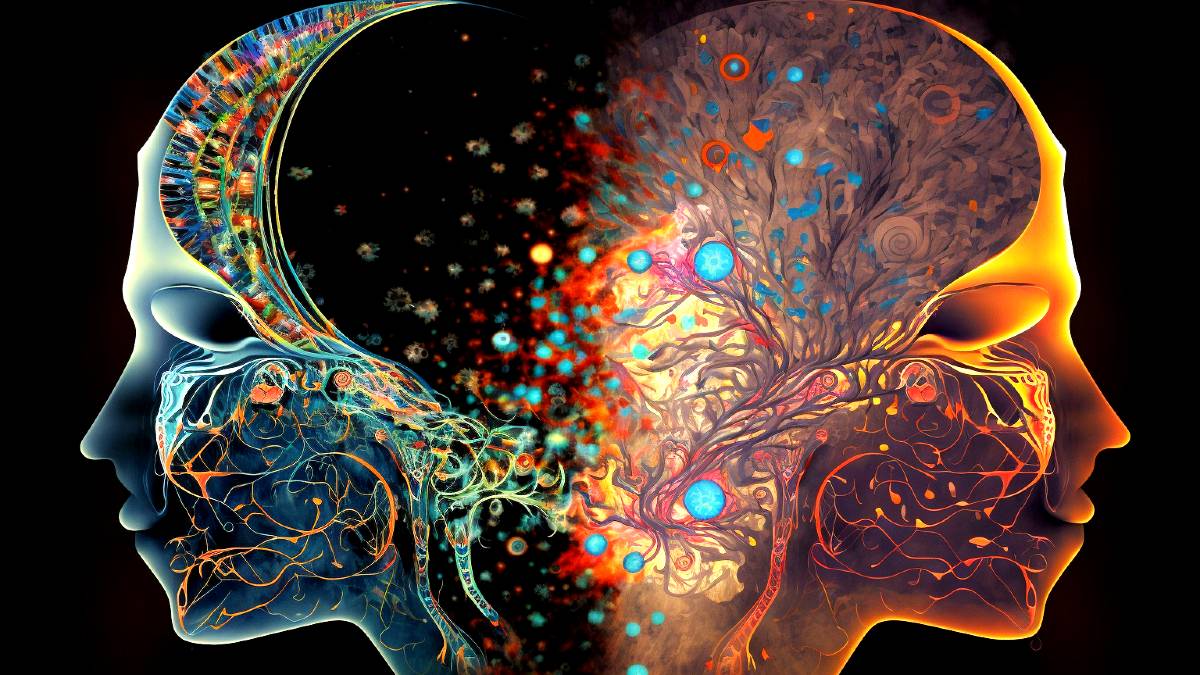Nutrition Myths Busted!

“`html
Nutrition Myths Debunked: Separating Fact from Fiction
We’re bombarded with nutritional advice every day. From trendy diets to celebrity endorsements, it’s easy to get lost in a sea of conflicting information and misinformation. What’s actually true about what we eat? Let’s dive into some common nutrition myths and debunk them with science-backed facts.
Myth #1: Breakfast is the Most Important Meal of the Day
This one has been repeated for decades, but is it really true? The idea that breakfast *must* be eaten to kickstart your metabolism and set you up for success has been heavily promoted. While breakfast can certainly be part of a healthy diet, there’s no definitive scientific evidence proving it’s absolutely essential for everyone.
Research suggests that eating breakfast might benefit some people – particularly those who struggle with morning energy levels or find they perform better after consuming a meal early in the day. However, forcing yourself to eat if you aren’t hungry can actually be counterproductive. The key is finding what works best for *you* and ensuring you meet your overall daily nutrient needs, regardless of when you choose to eat them.
Myth #2: All Fats are Bad
This is a hugely misleading statement! For years, fat was demonized as the culprit behind heart disease and weight gain. While it’s true that *some* fats should be limited, healthy fats are crucial for overall health.
There’s a big difference between saturated and unsaturated fats. Saturated fats (found in red meat and some dairy products) should be consumed in moderation. However, unsaturated fats – including monounsaturated fats (olive oil, avocados) and polyunsaturated fats (fish oil, flaxseed) – are incredibly beneficial. They support brain health, help absorb nutrients, and contribute to heart health. Omega-3 fatty acids, a type of polyunsaturated fat, have been linked to reduced inflammation and improved cognitive function.

Myth #3: You Should Drink Eight Glasses of Water a Day
The “eight glasses” rule is more of a guideline than a hard and fast rule. While staying hydrated is essential, the amount of water you need varies greatly depending on factors like activity level, climate, and individual health.
A general recommendation is to drink enough fluids so that your urine is pale yellow. You also get hydration from fruits, vegetables, and other beverages like tea and juice (though sugary drinks should be limited). Don’t force yourself to chug water if you’re not thirsty; listen to your body’s cues.
Myth #4: Detox Diets are Effective
Let’s be clear: Your body already has a built-in detox system. Your liver and kidneys work tirelessly to filter out toxins. “Detox” diets, often involving juice cleanses or restrictive eating plans, promise rapid weight loss and purification but rarely deliver on their promises.
Many of these diets are unsustainable and can even be harmful, potentially leading to nutrient deficiencies and electrolyte imbalances. Focusing on a balanced diet rich in fruits, vegetables, and whole grains is a far more effective (and sustainable) way to support your body’s natural detoxification processes than any restrictive “detox” diet.
Myth #5: Eating Carbs Makes You Fat
Carbohydrates are not the enemy! The rise of low-carb diets has led many to believe that carbs contribute directly to weight gain. This is a gross oversimplification.
The type and quantity of carbohydrates you consume matter more than simply eating them. Whole, unprocessed carbohydrates like fruits, vegetables, and whole grains provide essential nutrients and fiber. Refined carbohydrates (white bread, sugary drinks) should be limited as they can lead to rapid spikes in blood sugar and contribute to weight gain if consumed in excess.
Weight gain is primarily caused by consuming more calories than you burn, regardless of the macronutrient source – whether it’s carbs, protein, or fat. A balanced diet that includes complex carbohydrates, lean protein, and healthy fats is crucial for maintaining a healthy weight.
Myth #6: You Need to Take Supplements to Be Healthy
Supplements can be helpful *in certain situations*, but they shouldn’t be seen as a substitute for a nutritious diet. Many people believe they need supplements to fill nutritional gaps, and while this may sometimes be true (e.g., Vitamin D supplementation in areas with limited sunlight), it’s often unnecessary.
Prioritize eating a wide variety of nutrient-rich foods. If you suspect you have a deficiency, consult with your doctor or a registered dietitian for personalized advice on whether supplements are appropriate.
Myth #7: Frozen Fruits and Vegetables Are Less Nutritious than Fresh
This is a misconception! Freezing fruits and vegetables at their peak ripeness actually helps preserve many of their nutrients. In some cases, frozen produce can even be *more* nutritious than fresh produce that has been transported over long distances and stored for extended periods.
The key is to choose plain frozen options without added sauces or sugars.
Myth #8: You Should Avoid Gluten
Unless you have celiac disease or a gluten sensitivity, there’s no reason to avoid gluten. The recent surge in popularity of gluten-free diets has led many people to believe that avoiding gluten is beneficial for everyone’s health.
For individuals with celiac disease (an autoimmune disorder triggered by gluten) or non-celiac gluten sensitivity, eliminating gluten from their diet is essential. However, for those without these conditions, a gluten-free diet offers no inherent health benefits and may even lead to nutrient deficiencies if not carefully planned.
Conclusion: Focus on the Big Picture
Navigating nutrition advice can be confusing. The most important thing to remember is that there’s no one-size-fits-all approach to healthy eating. Focus on building a balanced diet based on whole, unprocessed foods, listening to your body’s cues, and consulting with qualified professionals for personalized guidance.
Don’t fall prey to trendy diets or quick fixes. Sustainable health is built on consistent habits, not fleeting fads!
“`



